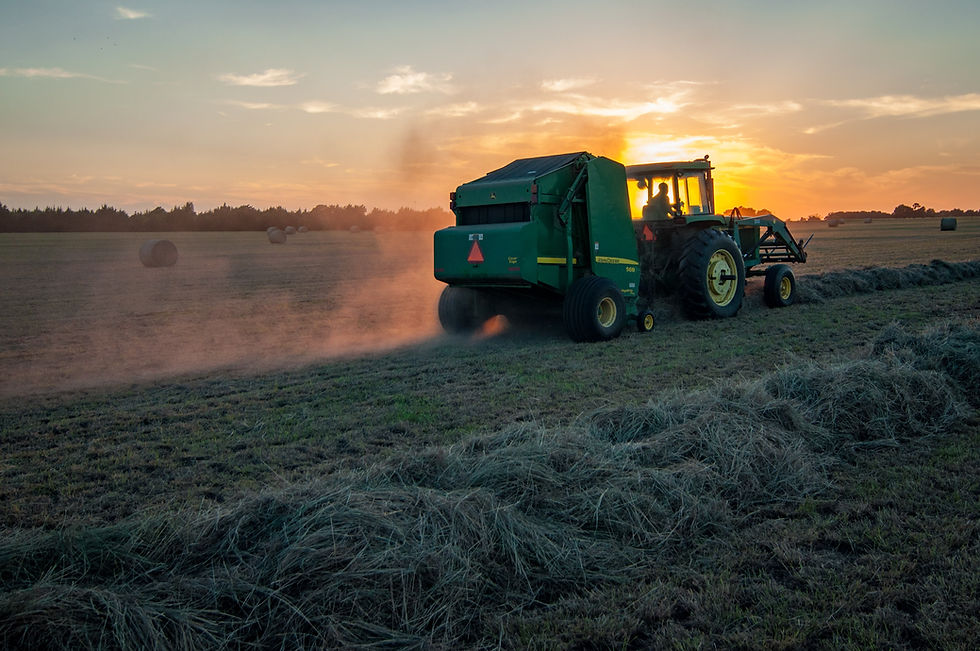

Park County Commission to Consider Sikoski Minor Subdivision Final Plat
COMMUNITY NOTICE: The Park County Commission will discuss and potentially approve the Sikoski Subsequent Minor Subdivision at their...
Apr 18, 20253 min read


Park County Board of Health: Septic System Variance Request - Facts & Information
Current Situation The Park County Board of Health is reviewing a variance request submitted by property owner Katelyn Wolf for her...
Apr 17, 20253 min read


Conservation and Development: Tonight's Park County Planning Board Meeting Explained
April 17, 2025 Tonight at 5:00 PM, the Park County Planning Board will review several significant land use proposals that could shape our...
Apr 17, 20254 min read







Comments